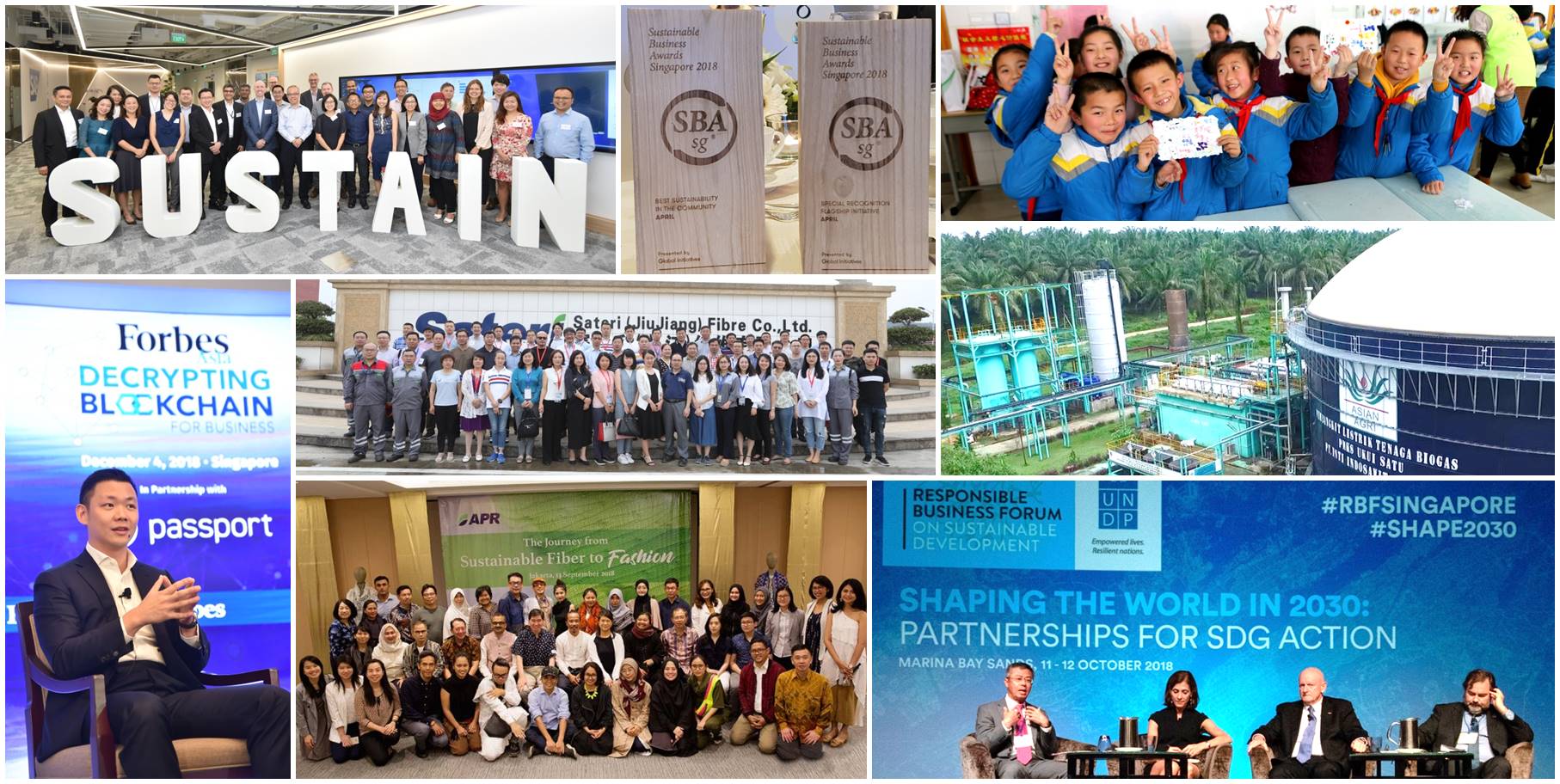
Gender equality and women’s rights, education and empowerment are critical to any business. However, women are more often than not undervalued and their true potential is often overlooked. They continue to face challenges in the global workplace, from under-representation in business management generally, to a lack of access to training, tools and finance.
At Royal Golden Eagle (RGE), they know that if supported well, women are the true drivers of the nation’s progress, and they are always ready to support the empowerment of women in Indonesia. They have set up a few initiatives to help bridge the divide, and to ensure a gender-balanced and truly equal workplace that can serve as an example to other organisations.
The support shown for women started from RGE’s main body, but its subsidiaries followed suit and provided equal opportunities for women to start their careers. Within RGE’s subsidiaries, women are more than welcome to work in any field, and there are those who take part in fields that are often synonymous with men. The practice of gender stereotyping has no place at RGE, where the skills and capabilities of each individual is deemed more valuable.
Royal Golden Eagle, founded by Sukanto Tanoto in 1973 under the name Raja Garuda Mas, carried out the empowerment of women not only internally in the company, but they also extended support on the outside. Working closely with the Tanoto Foundation, they empowered housewives from the community located in the area surrounding the company.
As is the case with one of RGE’s subsidiaries, the APRIL Group, which is based in Pangkalan Kerinci, Riau. Together with the Tanoto Foundation, APRIL conducted batik training programmes, providing women in the community another source of income. Housewives living around the company were invited to participate in the programmes, and instructors were brought in specially to give them training and guidance.
Over time, these training programmes were not only done at Pangkalan Kerinci. APRIL was able to send participants to study directly at national batik centres located in Yogyakarta, Surakarta and Pekalongan. These programmes were able to give a positive impact to the housewives, who were able to be independent and have their own income by selling their handmade batik at the Batik House Mainstay, where the programmes were held.
One such example is Hari Fitri Ramdhani from Pangkalan Kerinci. Previously Fitri did not have her own income but everything changed since she participated in the batik training conducted by the Tanoto Foundation and APRIL. Fitri sold her handmade batik at Rumah Batik Andalan, with the backing of the Andalan Cooperative, where local women were empowered to become batik makers to earn extra income for themselves and their families.
They received buyers from visitors and guests to PT Riau Andalan Pulp and Paper (PT RAPP), who bought batik as souvenirs, local government employees, workers from nearby companies, and also the locals. This hub of economic activities is further proof of RGE and APRIL’s support for women empowerment, which has definitely created a positive impact for the communities in Riau and Indonesia.





More Stories
Marketing Strategies That Actually Drive Growth
Must-Know Business News to Stay Ahead in 2024
The Latest Business News Shaping the Global Market